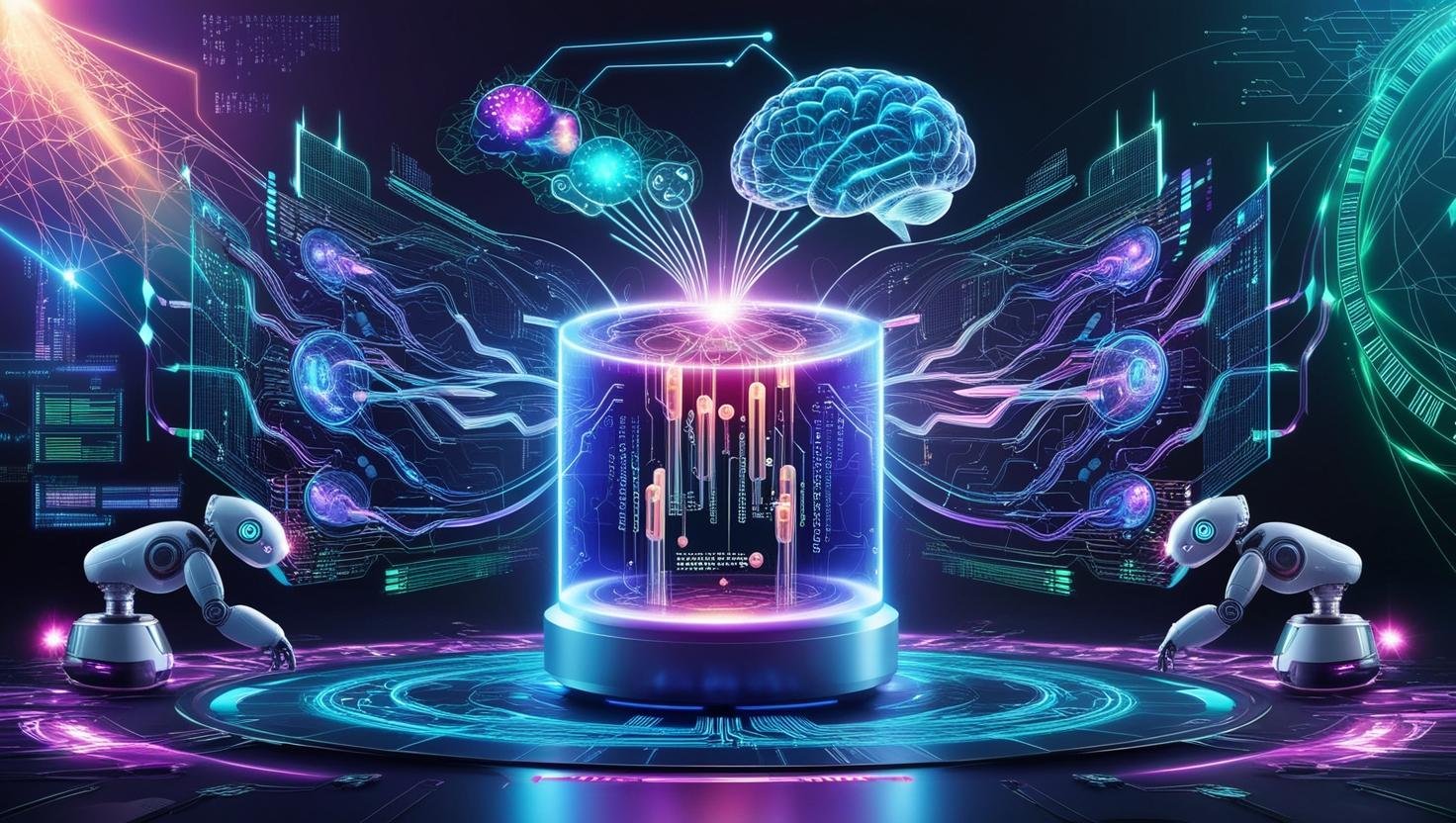As technology evolves, the convergence of quantum computing and artificial intelligence (AI) is emerging as a groundbreaking frontier. This fusion, known as Quantum AI, promises to revolutionize how we solve complex problems and process information. But what exactly is Quantum AI, and why is it generating so much excitement? In this blog post, we’ll explore the fundamentals of Quantum AI, its potential applications, and the challenges it faces.
What is Quantum AI?
Quantum AI refers to the integration of quantum computing technologies with artificial intelligence systems. To understand this, let’s break it down into its core components:
- Quantum Computing: At its core, quantum computing leverages the principles of quantum mechanics to process information. Unlike classical computers, which use bits to represent data as 0s or 1s, quantum computers use quantum bits or qubits. Qubits can represent multiple states simultaneously thanks to phenomena like superposition and entanglement. This enables quantum computers to perform certain calculations exponentially faster than classical computers.
- Artificial Intelligence: AI involves the development of algorithms and models that enable machines to learn from data and make decisions. Traditional AI systems rely on classical computing resources and can perform tasks ranging from natural language processing to image recognition.
Combining these two fields, Quantum AI aims to harness the unique capabilities of quantum computing to enhance AI algorithms and models, leading to more powerful and efficient solutions.
The Potential of Quantum AI
The potential benefits of Quantum AI are immense and could transform various industries:
- Enhanced Machine Learning: Quantum algorithms can potentially accelerate the training of machine learning models by processing large datasets more efficiently. This could lead to breakthroughs in pattern recognition, predictive analytics, and automated decision-making.
- Optimization Problems: Many real-world problems involve finding the best solution among numerous possibilities, such as optimizing supply chains or financial portfolios. Quantum AI could significantly improve the efficiency of solving these complex optimization problems by exploring multiple solutions simultaneously.
- Drug Discovery and Material Science: Quantum computing’s ability to simulate molecular and atomic interactions with high precision could revolutionize drug discovery and materials science. Quantum AI could help researchers identify new compounds and materials more quickly, leading to advancements in medicine and technology.
- Cryptography and Security: Quantum AI could advance cryptographic methods, enhancing data security and privacy. Quantum algorithms might be used to develop new encryption techniques that are resistant to quantum attacks, safeguarding sensitive information.
Challenges and Future Directions
Despite its potential, Quantum AI is still in its early stages, and several challenges must be addressed:
- Technical Complexity: Building and maintaining quantum computers is technically challenging. Qubits are highly sensitive to their environment, and maintaining their coherence is a significant hurdle. Researchers are working on developing more stable and scalable quantum systems.
- Algorithm Development: Quantum algorithms for AI are still being developed and tested. Designing algorithms that leverage quantum advantages while being practical and efficient remains a key challenge.
- Integration with Classical Systems: Integrating quantum computing with existing classical AI systems is a complex task. Developing hybrid systems that can effectively combine quantum and classical computing resources is crucial for practical applications.
- Ethical and Societal Implications: As with any transformative technology, Quantum AI raises ethical and societal questions. Ensuring that advancements are used responsibly and do not exacerbate existing inequalities is essential.
Conclusion
Quantum AI represents an exciting intersection of quantum computing and artificial intelligence, with the potential to revolutionize how we approach complex problems and process information. While significant challenges remain, ongoing research and development are paving the way for future breakthroughs. As Quantum AI continues to evolve, it promises to unlock new possibilities and drive innovation across various fields.
